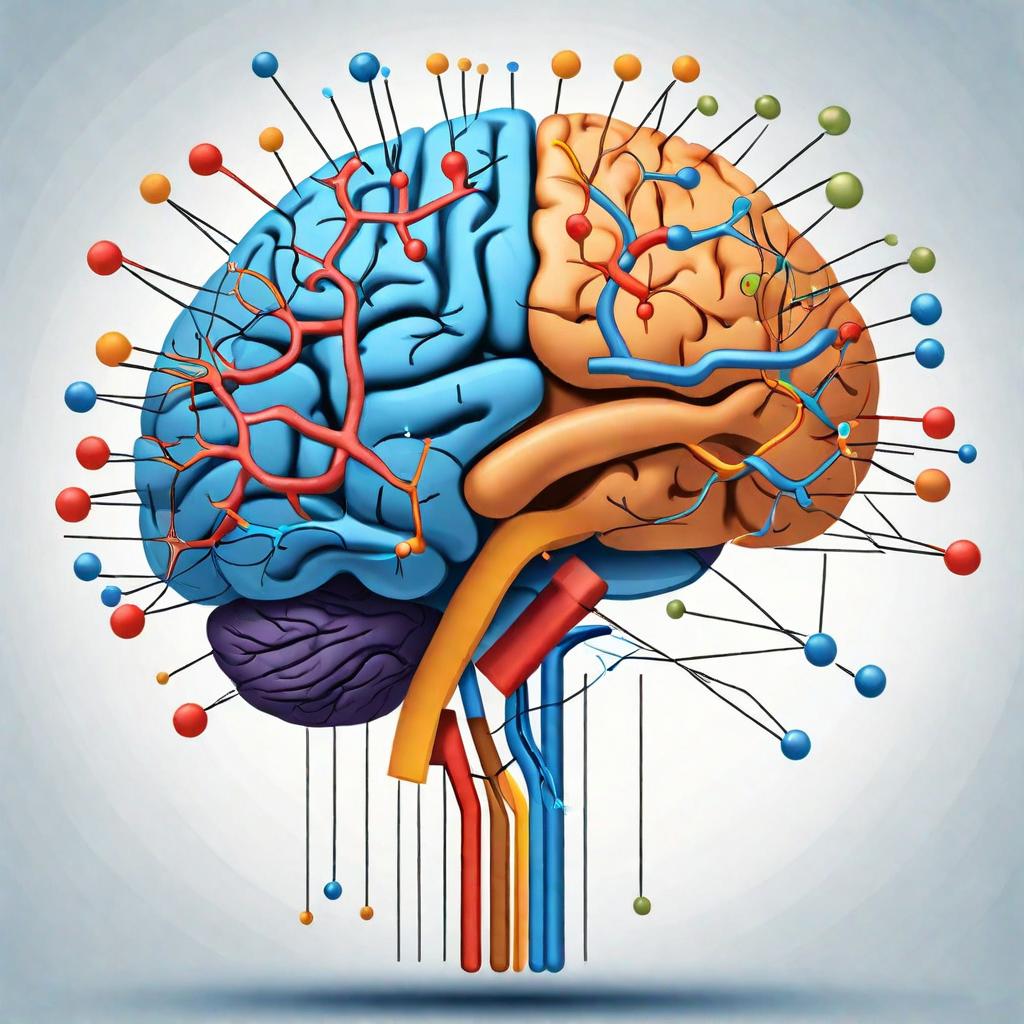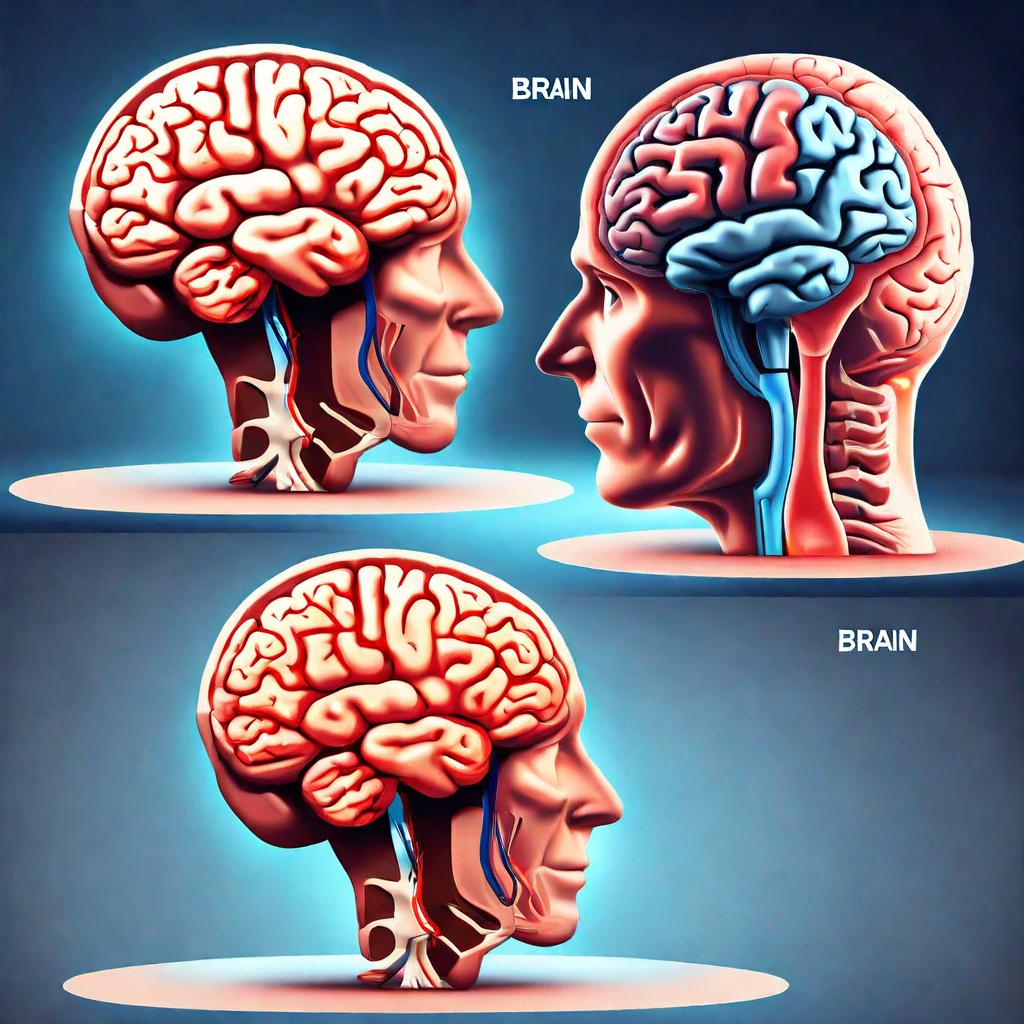Introduction
In today’s fast-paced world, maintaining mental health is as crucial as physical well-being. One effective way to boost mental health is through regular exercise. The benefits of exercise for mental health are vast and supported by a growing body of scientific evidence. This article explores these benefits in depth, aiming to provide a comprehensive understanding of how physical activity can improve mental health.

What is Mental Health?
Mental health encompasses our emotional, psychological, and social well-being. It affects how we think, feel, and act. It also helps determine how we handle stress, relate to others, and make choices. Mental health is important at every stage of life, from childhood and adolescence through adulthood.
How Exercise Enhances Mental Health
Reduces Anxiety and Depression
One of the most significant benefits of exercise for mental health is its ability to reduce anxiety and depression. Physical activity releases endorphins, which are chemicals in the brain that act as natural painkillers and mood elevators. Studies have shown that exercise can be as effective as medication in treating mild to moderate depression.
Boosts Self-Esteem and Confidence
Regular exercise can improve self-esteem and confidence. Achieving fitness goals, no matter how small, provides a sense of accomplishment. This sense of achievement can improve self-image and foster a positive outlook on life. Engaging in regular physical activity also promotes self-discipline and resilience, contributing to higher self-esteem.
Enhances Cognitive Function
Exercise has been shown to improve cognitive function, including memory, attention, and processing speed. Physical activity increases blood flow to the brain, which can help improve brain function and protect against cognitive decline as we age. Regular exercise also stimulates the production of growth factors that promote the survival and growth of neurons.
Improves Sleep Quality
Quality sleep is crucial for good mental health. Regular exercise can help you fall asleep faster and enjoy deeper sleep. It regulates the sleep-wake cycle, which is essential for maintaining a healthy sleep pattern. Better sleep translates to improved mood, better concentration, and reduced stress levels.
Reduces Stress
Exercise is a powerful stress reducer. Physical activity increases the production of norepinephrine, a chemical that moderates the brain’s response to stress. It also reduces levels of the body’s stress hormones, such as adrenaline and cortisol. Regular exercise helps you relax and enjoy life more.
Types of Exercise for Mental Health
Aerobic Exercise
Aerobic exercises, such as running, swimming, and cycling, are particularly effective for improving mental health. These activities increase heart rate and stimulate the release of endorphins, which enhance mood and reduce symptoms of anxiety and depression.
Strength Training

Strength training, including weight lifting and resistance exercises, also benefits mental health. It can increase self-esteem and reduce symptoms of depression and anxiety. Strength training can improve cognitive function and protect against age-related cognitive decline.
Yoga and Mindfulness Exercises
Yoga and other mindfulness-based exercises combine physical activity with mental focus. These activities reduce stress, improve mood, and enhance overall mental well-being. Yoga, in particular, promotes relaxation and can improve symptoms of anxiety and depression.
Group Sports and Activities

Engaging in group sports or activities can provide social benefits that enhance mental health. The social interaction and camaraderie found in team sports can reduce feelings of loneliness and increase feelings of support and belonging.
How to Incorporate Exercise into Your Routine
Set Realistic Goals
Setting realistic fitness goals is crucial for staying motivated. Start with small, achievable goals and gradually increase the intensity and duration of your workouts. This approach will help you stay committed and see progress over time.
Find Activities You Enjoy
The best exercise is the one you enjoy and can stick with. Experiment with different types of physical activity to find what you like best. Whether it’s dancing, hiking, or playing a sport, finding an activity you love will make it easier to incorporate exercise into your routine.
Make it Social
Exercise can be more enjoyable and motivating when done with others. Join a fitness class, sports team, or find a workout buddy. Socializing during exercise can enhance the mental health benefits and keep you accountable.
Schedule Your Workouts
Consistency is key to reaping the mental health benefits of exercise. Schedule your workouts like any other important activity. Find a time that works best for you, whether it’s in the morning, during lunch, or in the evening.
Track Your Progress
Tracking your progress can help you stay motivated and see the benefits of your hard work. Use a fitness app, journal, or simply take note of how you feel after each workout. Seeing improvements in your physical and mental health can be a powerful motivator.
The Science Behind Exercise and Mental Health
Endorphin Release
Physical activity stimulates the release of endorphins, which are chemicals in the brain that act as natural painkillers and mood elevators. This “runner’s high” can improve mood and reduce symptoms of anxiety and depression.
Neurotransmitter Regulation
Exercise influences the production of neurotransmitters, such as serotonin and dopamine, which play key roles in mood regulation. Regular physical activity can help balance these chemicals, reducing symptoms of depression and anxiety.
Brain Plasticity
Exercise promotes brain plasticity by stimulating the growth of new connections between cells in a wide array of important cortical areas of the brain. This process helps improve cognitive function and can protect against cognitive decline.
Stress Hormone Reduction
Physical activity reduces levels of stress hormones, such as adrenaline and cortisol. Lower levels of these hormones help the body manage stress more effectively, leading to improved mental health.
Conclusion
The benefits of exercise for mental health are profound and far-reaching. From reducing anxiety and depression to boosting self-esteem and cognitive function, regular physical activity is a powerful tool for enhancing mental well-being. Incorporating exercise into your daily routine can lead to significant improvements in your mental health, helping you lead a happier, healthier life.

